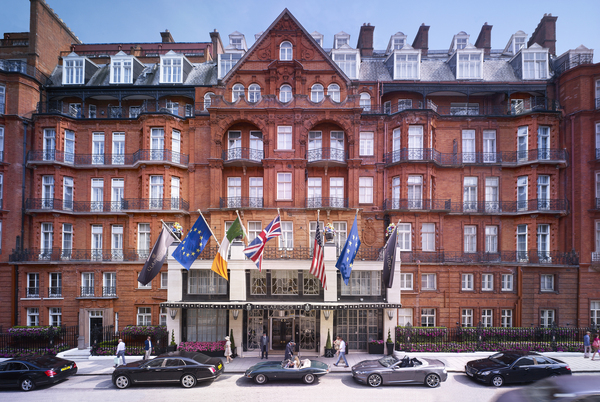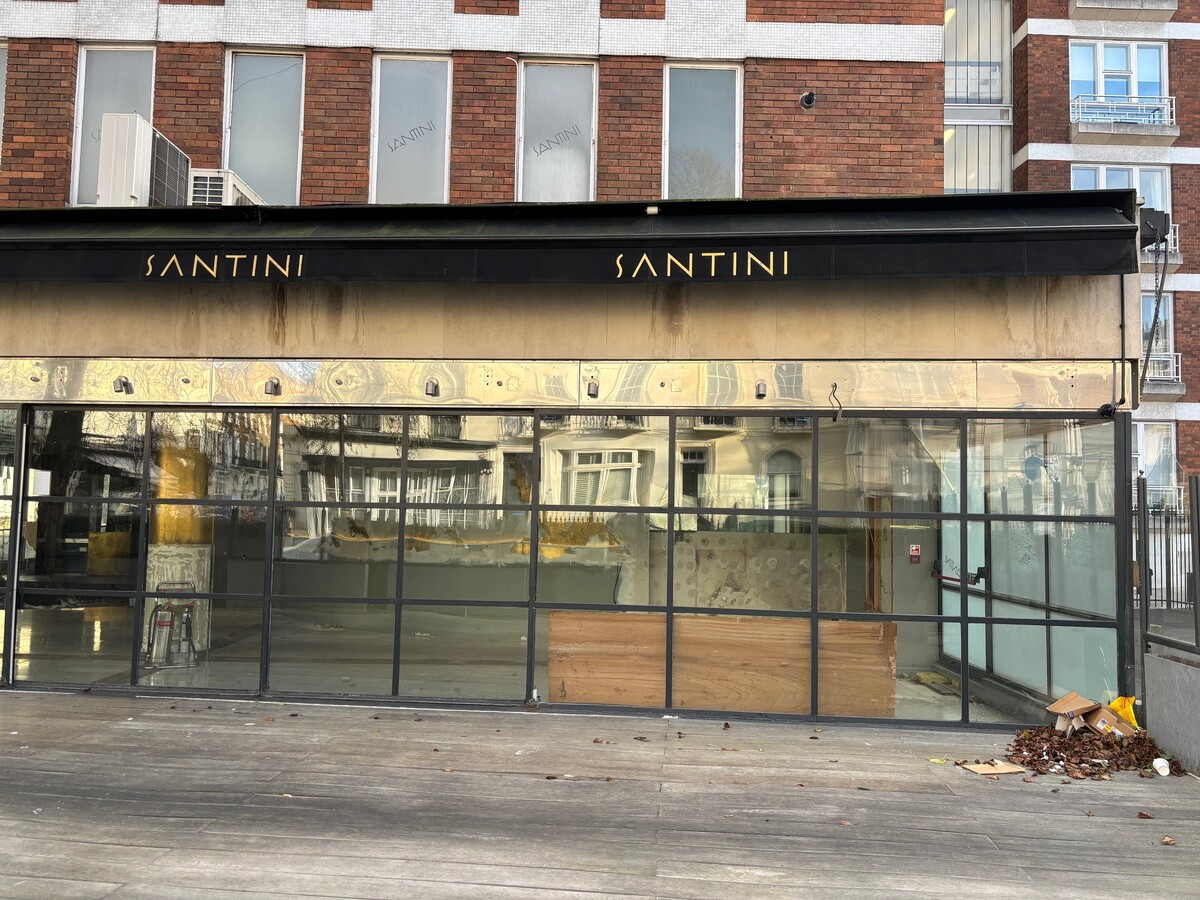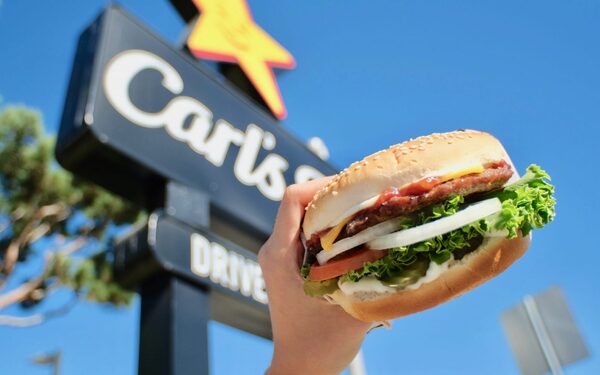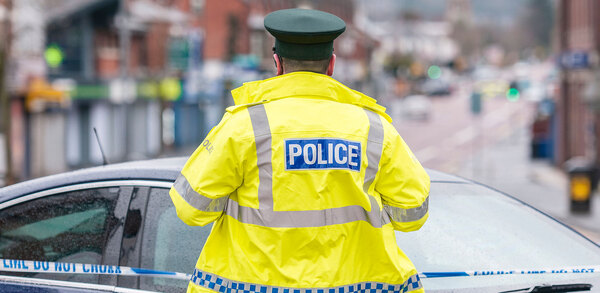Why operators must follow the green claims code
Environmental sustainability is a priority for many operators, but you must be able to substantiate your claims, says Duncan Reed
The problem
Given the current appetite for all things sustainable, it might be tempting to make claims about your products’ environmental credentials. However, doing so could land you in hot water with UK regulators, as well as risking reputational damage.
Greenwashing is the practice of making unsubstantiated claims about a product’s positive environmental impact. Crucially, an inaccurate claim can be greenwashing even if the claim-maker believes it is genuine. Changing Markets Foundation’s recent report into greenwashing in the food sector separates food-related green claims into three main categories: carbon neutral and other climate claims; misleading representations about food production; and natural-eating and sustainable balanced diet claims.
The law
In September 2021, the Competition & Markets Authority (CMA) produced the Green Claims Code (the Code) to help businesses understand how to communicate their green credentials while reducing the risk of misleading consumers. While there hasn’t been any new UK legislation introduced to deal with greenwashing, there are plans to empower the CMA to fine companies up to 10% of global turnover for breaching consumer law for making unsubstantiated or misleading claims.
Expert advice
On the face of it, being carbon neutral sounds like a good thing. However, achieving carbon neutrality doesn’t actually require any reduction in emissions. A company could do nothing to reduce its carbon output and instead simply buy up carbon credits or offset its emissions. However, offsetting schemes are difficult to verify. A recent investigation by The Guardian found that more than 90% of rainforest carbon credits approved by Verra (the world’s leading certifier) are “largely worthless”. This follows a 2022 United Nations report that called for companies to stop buying low-integrity credits instead of cutting emissions across their value chain.
Minimising the risk of greenwashing provides clarity for consumers whilst benefiting the environment and protecting against the commercial interests of your business.
Not all of the following examples have been the subject of a regulatory investigation, but they are useful illustrations of misleading (even if well-meaning) claims.
Innocent* – An advert that called for viewers to “get fixing up the planet” was banned in the UK because it falsely implied that this goal could be achieved by purchasing Innocent drinks.
Tesco* – An advert for Tesco’s Plant Chef range claiming that “a little swap can make a difference to the planet” was banned in the UK because it did not account for the full life cycle of the products, which contained ingredients produced and transported by high-carbon methods.
Hello Fresh – The company’s claim that it offsets 100% of its carbon emissions has been criticised for only applying to its delivery emissions and not the emissions relating to food or packaging.
McDonald’s UK – The restaurant chain’s ‘Plan for Change’ has been criticised for lacking detail and suggesting that the sustainable initiatives were in place, when in fact they appeared to be in the pilot phase.
Nespresso – While the coffee company technically achieved its claims of being carbon neutral by 2022, an investigation revealed that it only reduced 5% of its own emissions, choosing to offset the remaining 95%.
*A ruling issued by the Advertising Standards Authority.
To-do checklist
Before making a claim about the product’s environmental credentials, you must ensure:
- Claims are accurate, easy to understand and any conditions are clearly outlined.
- Claims are clear and unambiguous.
- Claims do not omit or hide important information.
- Comparisons are fair and meaningful (eg comparing like with like).
- Claims are substantiated.
- Claims consider the full life cycle of the product or service.
Beware
Operators who ignore the Code do so at their peril as the consequences could be significant. There is a risk of financial penalties but, most importantly, greenwashing will likely have a negative impact on the reputation of a business. As well as running checks on your own claims, you should also check your suppliers’ claims before repeating them.
If you would like further information or advice about complying with the regulations in this space, please contact Duncan.Reed@tlt.com



















